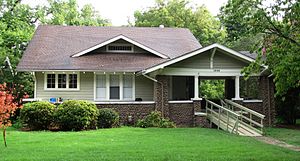You can learn as much as you can about the condition of the property and
the need for any major repairs, fixings and installations before you buy. Home
inspections will point out the positive aspects of home, as well as the
maintenance that will be necessary to keep it in good shape. After the
inspection, you will have much clearer understanding of the property you
are about to purchase, and will be able to make a confident buying decision.
There’s a few things you can check for yourself when looking
at a new property to make sure you don’t make a big purchase that may have
underlying issues. following suggestions will help to get the home ready for
the home inspection, and minimize the need for the home inspector to make a
return trip to the home, which may cost an additional fee.
Be sure you ask the real estate agent or the property owner
how the drainage systems function, and when the last time was that they were
repaired. One of the most costly and devastating problems new home owners deal
with is basement flooding, which can destroy stored items as well as lead to
mold and mildew problems. Make sure drainage systems point away from the house,
and won’t overflow into areas near the basement.
Are there overhanging trees on the property, or are there
trees with the capability to overhang the home in the future? These can be a major liability for the home, and should be taken into account as a necessary repair at some point.
Some things like furniture and appliances won’t be covered
by the previous home owner, and you might be strapped for cash when you first
move in. Rely on a company like Central Texas Home Rebates to help give you some cash to finance those purchases.


